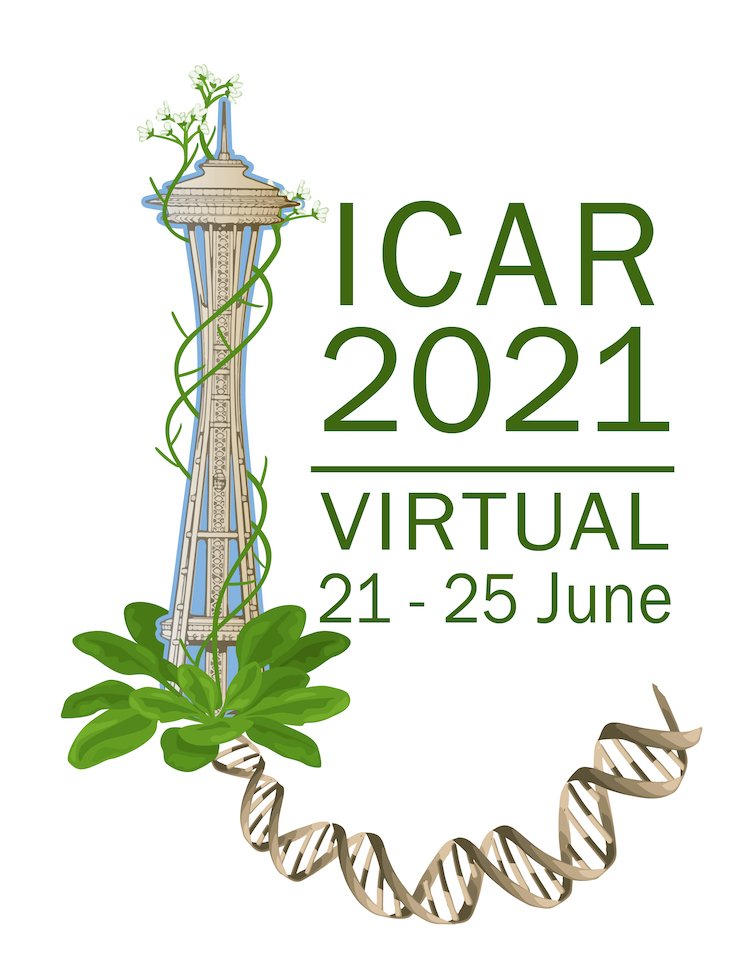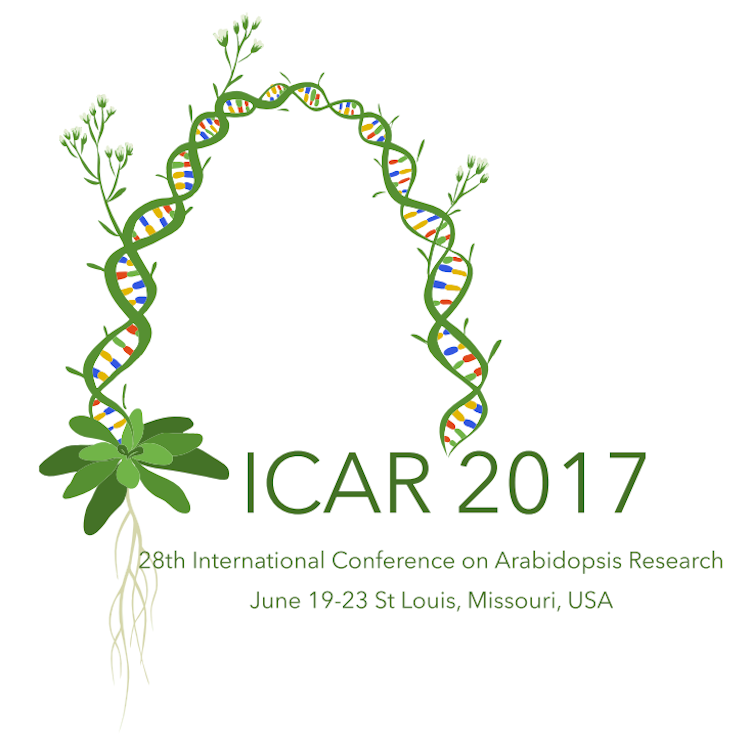ICAR-The International Conference on
Arabidopsis Research
The first international Arabidopsis conference was held in 1965 in Göttingen, Germany. Interest in using Arabidopsis was somewhat limited until the late 1970s/early 1980s when several researchers in the US, the UK, and the Netherlands began undertaking experiments and mutant screens. A major breakthrough in the 1990s- a successful and relatively simple genetic transformation by agrobacterium and floral dip- helped to catapult the field of Arabidopsis genetics forward. Combined with the multi-national collaboration to sequence the Arabidopsis genome, Arabidopsis was firmly established as the model reference flowering plant by the late 1990s.
See the Arabidopsis thaliana history timeline: 1873-2024 for major organismal & community milestones
ICAR, a key component to the success of the worldwide Arabidopsis community, has proven to be a highly effective venue for creating and enhancing networks and collaboration. Many scientists, including those trained in other organisms, were inspired to use Arabidopsis in their studies, training, and outreach. The ICAR became an exciting gathering to share the latest cutting-edge research, resources, techniques, and tools using the reference plant. ICAR has also proven to be an extremely effective venue for exposing early career scientists to the field and for encouraging inter-generational interactions.
The community has convened at the ICAR annually since 1995
ICAR currently ranges in size from ~450-1500 attendees, and its location rotates globally on a three year cycle between North America, Europe, and the Austral-Asia/Pacific Rim)
The meetings are organized by local community volunteers
NAASC organizes North American ICARs (and ICAR 2007- Beijing), and has awarded ICAR participation funding since 2004:
Awarded travel funds to 500+ early career scholars to participate in all ICARs
Awarded full-funding participation awards to 150+ Inclusivity Scholars Program Cohort members
Past ICARs
April 1965, Gottingen, Germany
September 1976, Frankfurt, Germany
April 1987, East Lansing, Michigan, USA
June 1990, Vienna, Austria
August 1993, Columbus, Ohio, USA NAASC organized
June 1995, Madison, Wisconsin, USA NAASC organized
June 1996, Norwich, UK- organized by UK community
June 1997, Madison, Wisconsin, USA NAASC organized
June 1998, Madison, Wisconsin, USA NAASC organized
July 1999, Melbourne, Australia-organized by Australian community
June 2000, Madison, Wisconsin, USA NAASC organized
June 2001, Madison, Wisconsin, USA NAASC organized
June 2002, Seville, Spain-organized by Spanish community
June 2003, Madison, Wisconsin, USA NAASC organized
July 2004, Berlin, Germany-organized by German community
June 2005, Madison, Wisconsin, USA NAASC organized
June 2006, Madison, Wisconsin, USA NAASC organized
July 2007, Beijing, China NAASC organized
July 2008, Montreal, Canada NAASC organized
June 2009, Edinburgh, UK-organized by UK community
June 2010, Yokohama, Japan-organized by Japanese community
June 2011, Madison, Wisconsin, USA NAASC organized
July 2012, Vienna, Austria-organized by Austrian community
June 2013, Sydney, Australia-organized by Australian community
July 2014, Vancouver, Canada NAASC organized
July 2015, Paris, France-organized by French community
June 2016, Gyeongju, South Korea-organized by Korean community
June 2017, St. Louis, Missouri, USA NAASC organized
June 2018, Turku, Finland-organized by Finnish community
June 2019, Wuhan, China-organized by Chinese community
June 2021, Virtual NAASC organized
June 2022, Belfast, Northern Ireland-organized by UK community
June 2023, Chiba, Japan-organized by Japanese community
July 2024, UC San Diego, USA NAASC organized. Program, Abstract book
June 2025, Ghent, Belgium-organized by the Belgian community
June, 2026, Singapore- organized by the Singaporean community


















